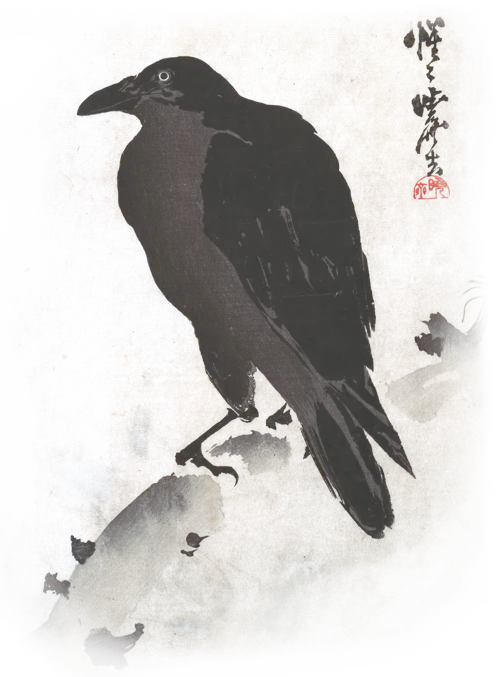tl;dr
Grow is an abstract strategy board game I invented that’s played on a 15x15 Go board and multicolored stones. It is intended for 3-4 players, but playable with 2+. It is inspired by Go and Tron.
You can play it with friends online at grow.fredchan.org.
Materials
Board
Use a 15x15 Go board (each intersection is a “space”).
You can use larger or smaller Go boards for longer or shorter games, respectively.
Pieces
Grow stones are flat cylinders that can be stacked on top of each other, roughly the size of Go stones. Each player has a color (e.g. red), and needs both light colored head-stones (e.g. light red) dark colored tail-stones (e.g. dark red).
- (Player 1) Light red and dark red Grow stones
- (Player 2) Light blue and dark blue Grow stones
- (Player 3) Light green and dark green Grow stones
- (Player 4) Light yellow and dark yellow Grow stones
Playing
Setup
- Determine turn order (Dice roll is suggested. Highest roll goes first. The person to the left/clockwise goes next.)
- Each player, in order, puts a head-stone on any unoccupied space on the board.
Main gameplay loop
On each player’s turn after the setup, they do the following steps (which may be done in any order, or simultaneously). Players take turns until the board is filled.
- The player may drop a head-stone onto any unoccupied space on the board
- For each of the player’s head-stones on the board:
- First, choose one of the following options to move the stone:
- (Option A) Move the head-stone to any adjacent unoccupied space. (Diagonals are not allowed).
- (Option B) If the head-stone is adjacent to a contiguous group of the player’s own stones, the player may move their head-stone to any space in that group. (Diagonals are not allowed. Multiple of the player’s own stones may occupy the same space).
- (Option C) Leave the head-stone where it is
- Then, if the space where the head-stone used to be is unoccupied, that players puts their own tail-stone in that space.
- First, choose one of the following options to move the stone:
Winning
When there are no more unoccupied spaces on the board, the game ends. The player with the most spaces occupied by their own stones wins.
Tips
- In the late game when you have a lot of head-stones, it can be hard to keep track of which stones have moved and which haven’t. A good way to make sure you’re moving all your stones is to move your head-stones in the top right of the board first, and work your way down to stones on the bottom right.
Strategies
Encirclement
Completely surrounding a region of unoccupied spaces makes it easier for you to fill those spaces with your own stones later because opponents’ head-stones can’t move into that region, so they must use their drop to invade the space.
If the region is 1 stone wide, you can easily trap those stones by dropping your own stones on either side. Unlike your own stones, your opponents stones cannot escape that region under any circumstances.
Highway building
Since your head-stones can travel instantaneously along contiguous groups of your own stones it’s adjacent to, using your stones to build long highways early on can give your head-stones life in the late game where it would otherwise be trapped. As long as the group has adjacent unoccupied spaces (“liberties” for you Go players), the head stones can travel next to the liberties on the highway, and move onto the liberties on your next turn.
In the late game, this helps you fill in small, unoccupied spaces that are hard to reach without dropping a new stone. (These spaces resemble “dame” in a game of Go)
